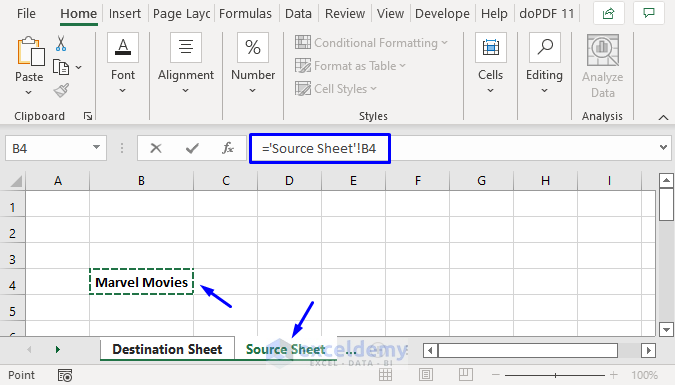5 Essential Paperwork Tips for Work-from-Home Freelancers

In today's digital age, working from home as a freelancer has become a popular career choice for many, offering flexibility, autonomy, and the comfort of your own space. However, with this freedom comes the responsibility of managing your own business, which includes handling essential paperwork effectively. Proper documentation not only helps in maintaining a smooth workflow but also plays a crucial role during tax season, client relations, and legal protection. Here are five essential paperwork tips that every work-from-home freelancer should consider:
1. Organize Your Invoices and Payments


As a freelancer, your income often comes in the form of invoices for completed work. Keeping your invoices organized is not just good practice; it’s essential for your financial health:
- Issue Invoices Promptly: Send out invoices immediately after completing a project or reaching a payment milestone. The sooner you invoice, the sooner you get paid.
- Number Your Invoices: Use a unique invoice number for each document. This aids in tracking and reference purposes.
- Implement Payment Terms: Clearly define payment terms including due dates, late fees, and acceptable payment methods.
- Keep Records: Maintain a record of all issued invoices, payments received, and any correspondence related to these.
💡 Note: Always backup your invoice records digitally and keep physical copies as well, in case of digital failures or disputes.
2. Keep Detailed Contracts

A contract is more than just a formality; it’s a safeguard that protects both the freelancer and the client:
- Clear Scope of Work: Define what services will be provided, deadlines, revision policies, and any other deliverables.
- Payment Details: Include how and when payments should be made, cancellation policies, and what happens if a client fails to pay on time.
- Confidentiality Clauses: Ensure there’s an agreement on the handling of sensitive information.
- Ownership: Clarify who owns the intellectual property of the work product.
📝 Note: Always have a contract in place before beginning any work. It can save hours of dispute resolution in the future.
3. Track Your Expenses

Tracking your expenses diligently is key to understanding your financial standing and maximizing tax deductions:
- Use Software: Consider using accounting software like Freshbooks or QuickBooks to track all expenses, categorized appropriately.
- Save Receipts: Keep both physical and digital copies of receipts for all business-related expenditures, from office supplies to client meetings.
- Record Mileage: If your work involves travel, track and document all business-related mileage for potential deductions.
4. Prepare for Tax Season

Freelancers often find tax preparation to be one of the most daunting aspects of self-employment, but here’s how to make it smoother:
- Set Aside Money: Throughout the year, set aside a percentage of your income for taxes to avoid surprises at tax time.
- Self-Employment Taxes: Remember to account for self-employment taxes, which include both the employer and employee portions of Social Security and Medicare.
- Quarterly Tax Payments: Understand and make quarterly estimated tax payments if required by your tax authority.
- Deductions: Know what expenses you can deduct to lower your taxable income.
💰 Note: Consider consulting with a tax professional to ensure you’re maximizing deductions and complying with tax laws.
5. Backup and Secure Your Documents

Protecting your essential paperwork is just as important as creating it:
- Cloud Storage: Use services like Google Drive, Dropbox, or iCloud for digital backups.
- Physical Backups: Store hard copies of contracts, invoices, and important documents in a safe place.
- Regular Backups: Schedule automatic backups to ensure no data loss.
- Password Protection: Secure your documents with strong passwords, especially sensitive financial information.
By organizing your invoices and payments, keeping detailed contracts, tracking expenses, preparing for tax season, and securing your documents, you're setting yourself up for success as a work-from-home freelancer. The benefits of this organization extend beyond just legal and financial protection; it also instills confidence in your clients, fosters professionalism, and potentially saves you time and money in the long run. Remember, good paperwork habits can be as crucial to your freelancing career as the skills you bring to your clients.
How can freelancers manage their invoices?

+
Freelancers can manage invoices by numbering them uniquely, setting clear payment terms, sending invoices promptly, and using software to track payment status.
What should be included in a freelancer’s contract?

+
A freelancer’s contract should include scope of work, payment details, confidentiality clauses, ownership of work, and dispute resolution processes.
How often should freelancers back up their documents?

+
Regular backups are crucial. Setting up automatic daily or weekly backups for digital documents, and physically backing up important papers monthly, is recommended.



